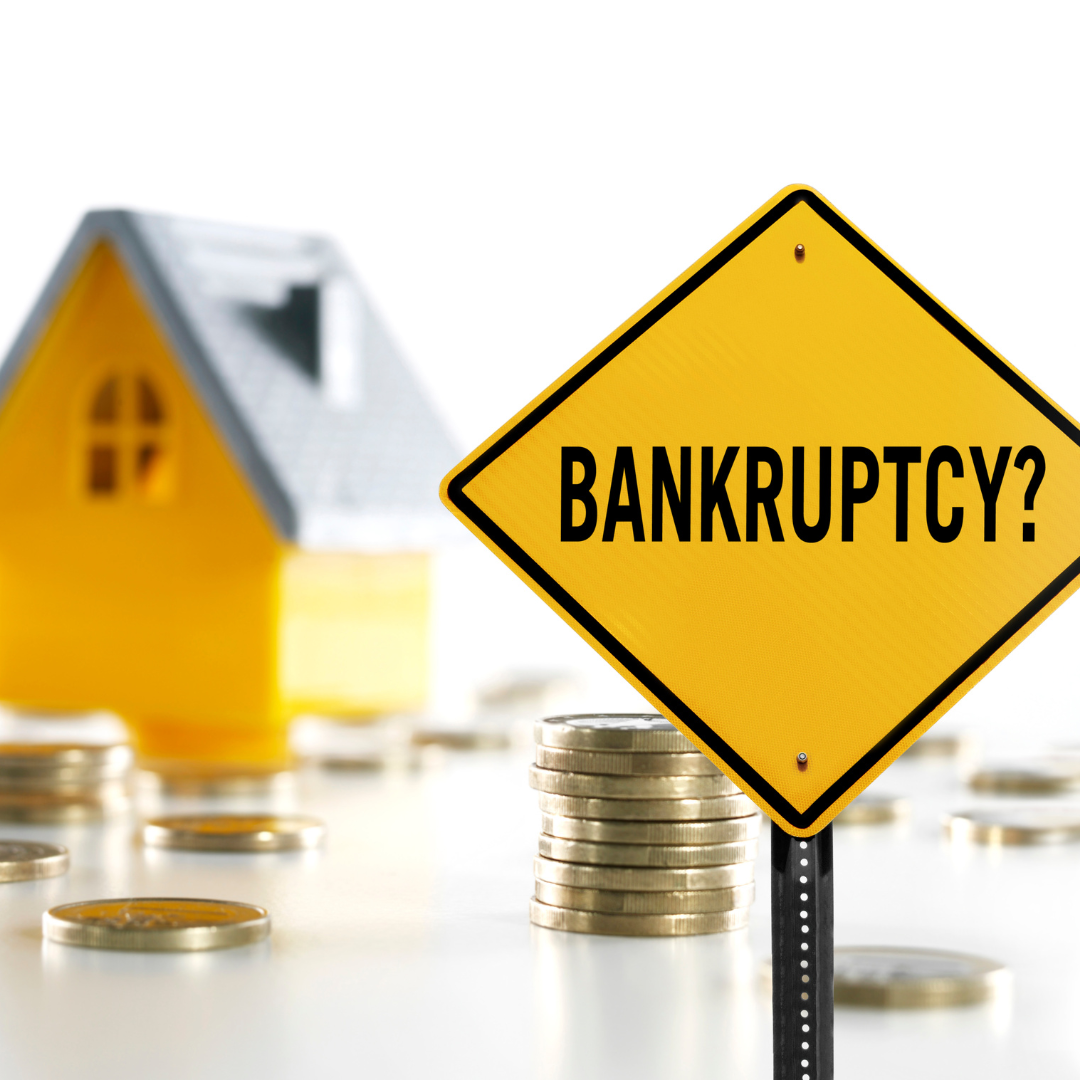When thinking about bankruptcy, most people file because creditors call for money that they don’t have. Whether car or mortgage payments, credit cards or hospital bills, banks are looking for payments that aren’t there.
 Bankruptcy is a federal action filed through federal courts, and once that is done, an automatic stay goes into place. This may sound great because the stay protects the debtor from creditors, but legally, the person doesn’t have control over their finances anymore. That power belongs to the court. In addition, any property, including real estate, owned can’t be sold once the stay is in place.
Bankruptcy is a federal action filed through federal courts, and once that is done, an automatic stay goes into place. This may sound great because the stay protects the debtor from creditors, but legally, the person doesn’t have control over their finances anymore. That power belongs to the court. In addition, any property, including real estate, owned can’t be sold once the stay is in place.
However, there are some options. Selling prior to filing bankruptcy frees up money that can be applied to outstanding debts. If that isn’t feasible, there are three ways to sell the property once the bankruptcy is filed.
- Sell the property once the bankruptcy has been discharged. Once bankruptcy proceedings are finished and the money has been divided amongst the creditors, the person who filed is once again in control of their assets and can do with them as they please.
- Ask the bankruptcy trustee to abandon the property and move it outside of the bankruptcy. A trustee is assigned to oversee the proceedings and to determine assets and liabilities. They also determine whether there is any money to pay the creditors. This only works when there is no equity in the house. This happened a lot during the mortgage meltdown in 2008. People were upside down on their homes, so it made a lot of sense to move the property outside of the bankruptcy; it wasn’t worth anything.
- Request that the court approve the sale of the property. The property can be listed for s
 ale, and once an offer is made, it must be taken in front of the court for the court’s approval of the sale. Choosing this option will take longer, and even if the court approves it, the proceeds from the property sale don’t return to the seller. The funds are turned over to bankruptcy court where they will be used to pay creditors.
ale, and once an offer is made, it must be taken in front of the court for the court’s approval of the sale. Choosing this option will take longer, and even if the court approves it, the proceeds from the property sale don’t return to the seller. The funds are turned over to bankruptcy court where they will be used to pay creditors.
For more information or if you have questions regarding bankruptcy, please contact us here.